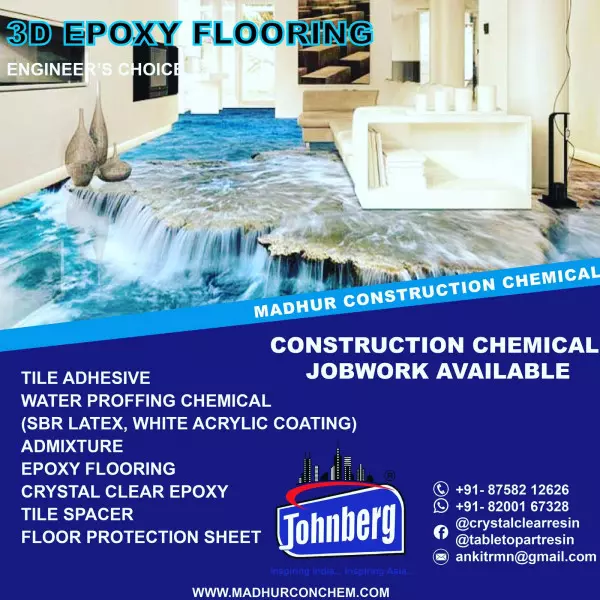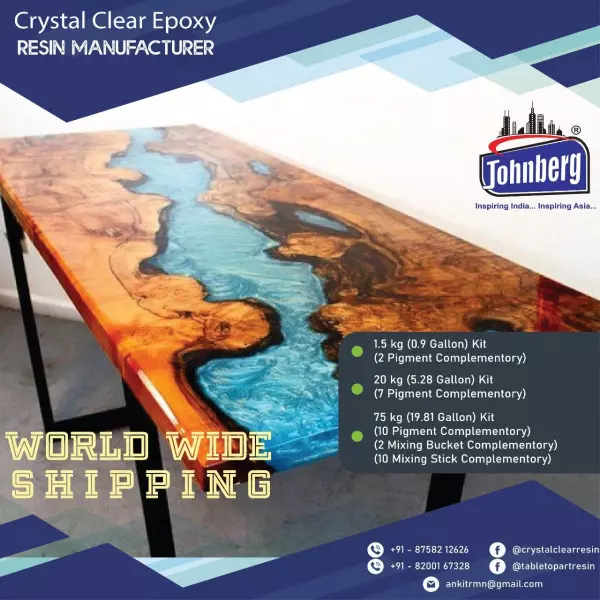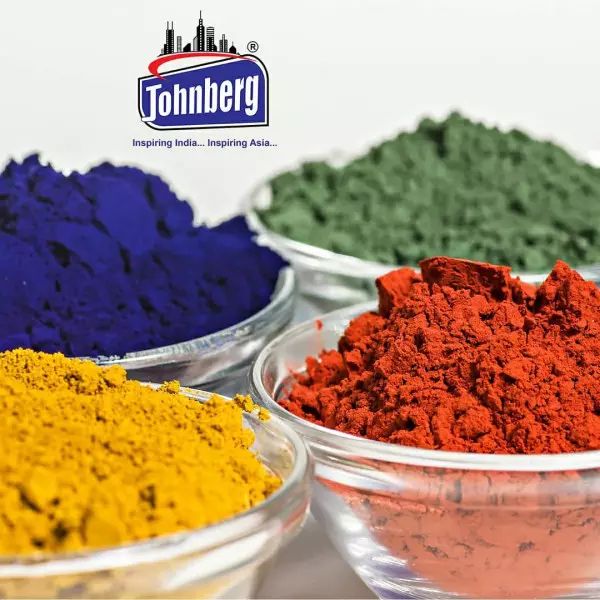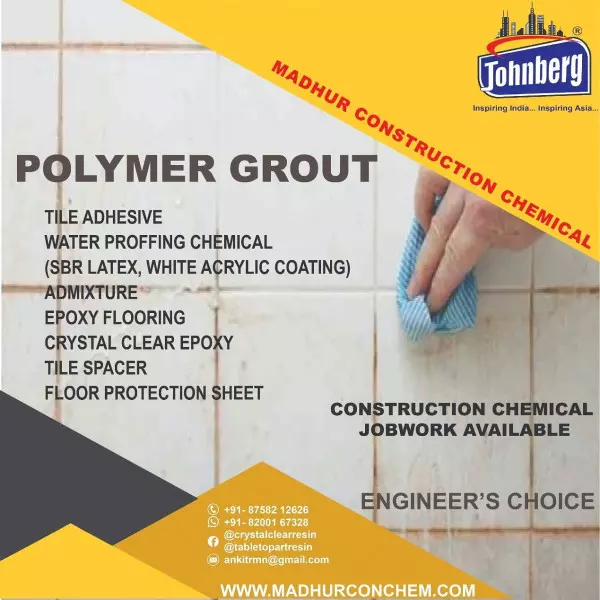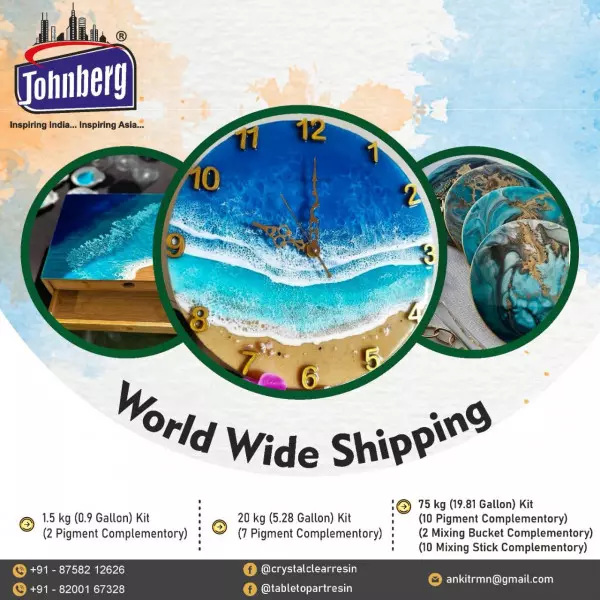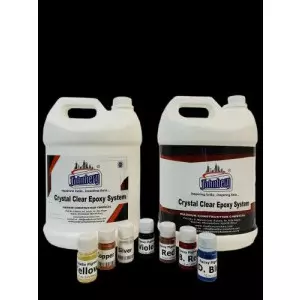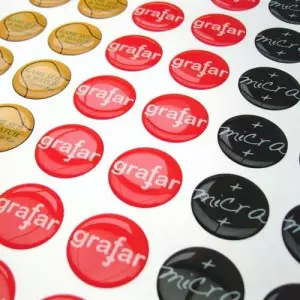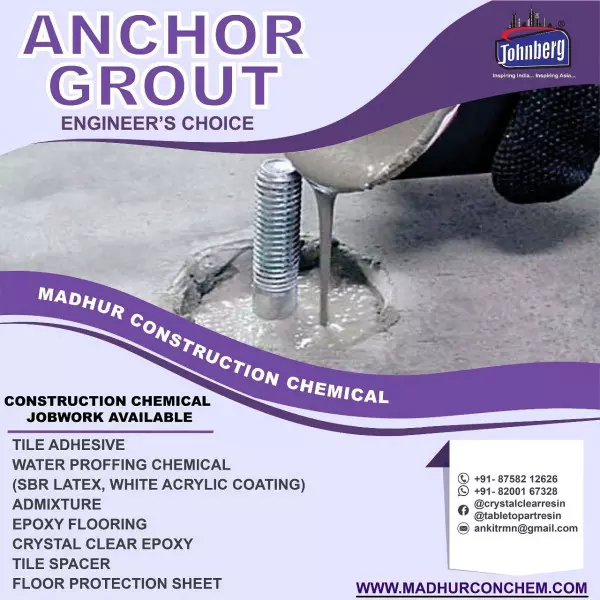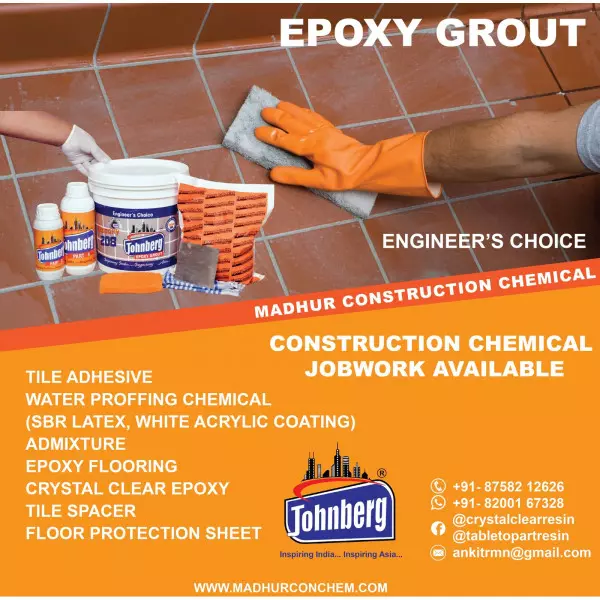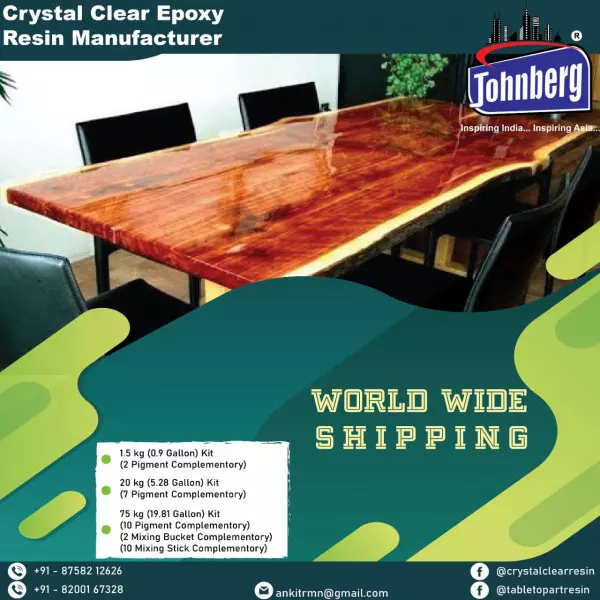- Home
- About Us
- Products
- Resin Furniture
- 3D Epoxy Flooring Service
- Resin Table Top
- Wooden Epoxy Resin Table Top
- Metallic Epoxy Flooring Service
- Conception Chemical Consultants
- Chemical Consultancy For Construction
- Construction Chemical Consultant
- Tile Grout
- Foundation Grout Consultant
- Paver Block Chemical Consultant
- Waterproofing Chemical Consultant
- Epoxy Pigment Consultant
- Heat Reflective Coating
- Water Repellent Coating
- Epoxy Grout
- Chemical Consultant
- Industrial Chemical
- Construction Chemical
- Epoxy Resin
- Epoxy Coating
- Polyester Resin
- Joint Sealants
- Cristal Clear Epoxy Resin And Hardner
- Construction Chemicals
- Polycarboxylate Ether And Liquid
- Solvent Cement
- Tile Protection Sheet
- Water Reducing Superplasticizer
- Epoxy Resin And Hardeners
- Two Component Waterproof Coating
- Epoxy Floor Coatings
- Casting Resin
- Sbr Latex Polymer
- Epoxy Grout Formulations
- Epoxy Resin Tabletops
- Tile Spacers
- Tile Levelling Spacers
- Industrial Night Vision Epoxy Grout
- Sbr Latex
- Johnberg Marble Polishing Liquid
- Acrylic Elastomeric Coating
- Weber Tile Adhesives
- Decorative Arts
- Resinic Crafts
- PU Flexible Tile Adhesive
- Resin Pressed Flowers
- Dry Pressed Flower
- Epoxy Putty
- Resin Furniture
- Services
- Updates
- Gallery
- Contact Us
Updates
3D Epoxy Flooring Service Providers In Patna
A 3D epoxy flooring system is a modern decorative flooring method that uses multiple layers of epoxy resin to create a smooth durable and visually striking surface The process starts with preparing the base floor to make sure it is clean level and ready for coating A printed 3D image or design is then placed on the floor and covered with a transparent epoxy layer This creates a deep realistic effect that looks three dimensional The final result i ... Continue
Table Top Epoxy Resins Manufacturer In Kolkata
Table top epoxy resin is a clear durable coating used to protect and enhance surfaces.It creates a smooth glossy finish that highlights the material beneath.This resin is mixed and poured onto a surface where it spreads evenly and hardens into a strong solid layer.It resists scratches stains and moisture making it ideal for counters tables and art projects.When cured it provides a long lasting surface that is both attractive and functional ... Continue
Pearl Powder Manufacturer In Delhi
Pearl powder pigment is a fine mineral based powder used to create a soft shimmering effect in paints cosmetics and craft materials.It is made from natural or synthetic mica coated with metal oxides which reflect light to give a pearlescent glow.The pigment is lightweight non toxic and stable in many types of products including resin acrylic paint nail polish and soap.It comes in many shades such as silver gold rose and interference colors that s ... Continue
Night Vision Epoxy Grout Manufacturer In Gujarat
Night vision epoxy grout is a two part resin based grout that contains glow in the dark pigments.It absorbs light during the day and releases a soft green or blue glow in low light conditions.The grout is used to highlight tile joints pathways steps and decorative patterns in dark areas.It is resistant to stains water chemicals and high traffic.The material offers strong bonding high durability and a smooth finish.It is commonly used in bathrooms ... Continue
Epoxy Resin Art Manufacturer In Hyderabad
Epoxy resin art is a creative method in which liquid resin is mixed with hardener and then poured onto a surface The mixture forms a smooth glossy finish that can capture depth and color Artists use pigments dyes and various materials to create flowing patterns and layered effects The resin cures into a solid durable surface that highlights the colors and textures within This type of art is valued for its shine clarity and ability to create uniqu ... Continue
Epoxy Coating Manufacturers In Ahmedabad
We are one of the most famous manufacturers and suppliers offering a durable range of Epoxy Coating known for its strength, chemical resistance, and long-lasting finish. Produced using advanced formulations, this coating creates a hard, protective layer that withstands abrasion, moisture, and frequent usage in industrial and commercial environments. Our quality experts test each batch meticulously to ensure smooth application, consistent coverage ... Continue
Doming Epoxy Resin Manufacturers In Surat
We are engaged in presenting a premium range of Doming Epoxy Resin that is highly appreciated for its crystal-clear appearance and excellent surface protection capability. Formulated using quality-tested ingredients, this resin provides a smooth, glossy dome effect that enhances labels, badges, emblems, and creative artworks. Each batch is thoroughly examined to ensure strong adhesion, UV resistance, and bubble-free curing for long-lasting result ... Continue
Anchor Grout Manufacturer In Dehradun
Anchor grout is a cement based material used to secure anchors bolts and dowels into concrete or masonry It is designed to flow easily into drilled holes or narrow spaces filling gaps around the anchor and creating a strong bond as it hardens The material provides high strength durability and resistance to vibration and load movement making it suitable for structural industrial and construction applications It helps transfer loads effectively fro ... Continue
Dazzle Epoxy Grout Manufacturer In West Bengal
Dazzle epoxy grout is a smooth strong and stain resistant grout used for tile installation.It has a bright and glossy finish that reflects light and adds a decorative effect to floors and walls.The material is made from high quality resin and hardener which makes it durable waterproof and easy to clean.It does not crack fade or absorb dirt and it keeps its color for a long time.Dazzle epoxy grout is suitable for kitchens bathrooms pools and other ... Continue
Table Top Epoxy Resin Manufacturer In Kolkata
Table top epoxy resin is a clear and durable coating that creates a smooth glossy and protective surface.It is often used on wood countertops bar tops and crafts to enhance appearance and strength.The resin flows easily to form an even layer and hardens into a tough finish that resists moisture scratches and heat.It is valued for its clarity shine and ability to preserve and highlight the natural look of the material it covers ... Continue
